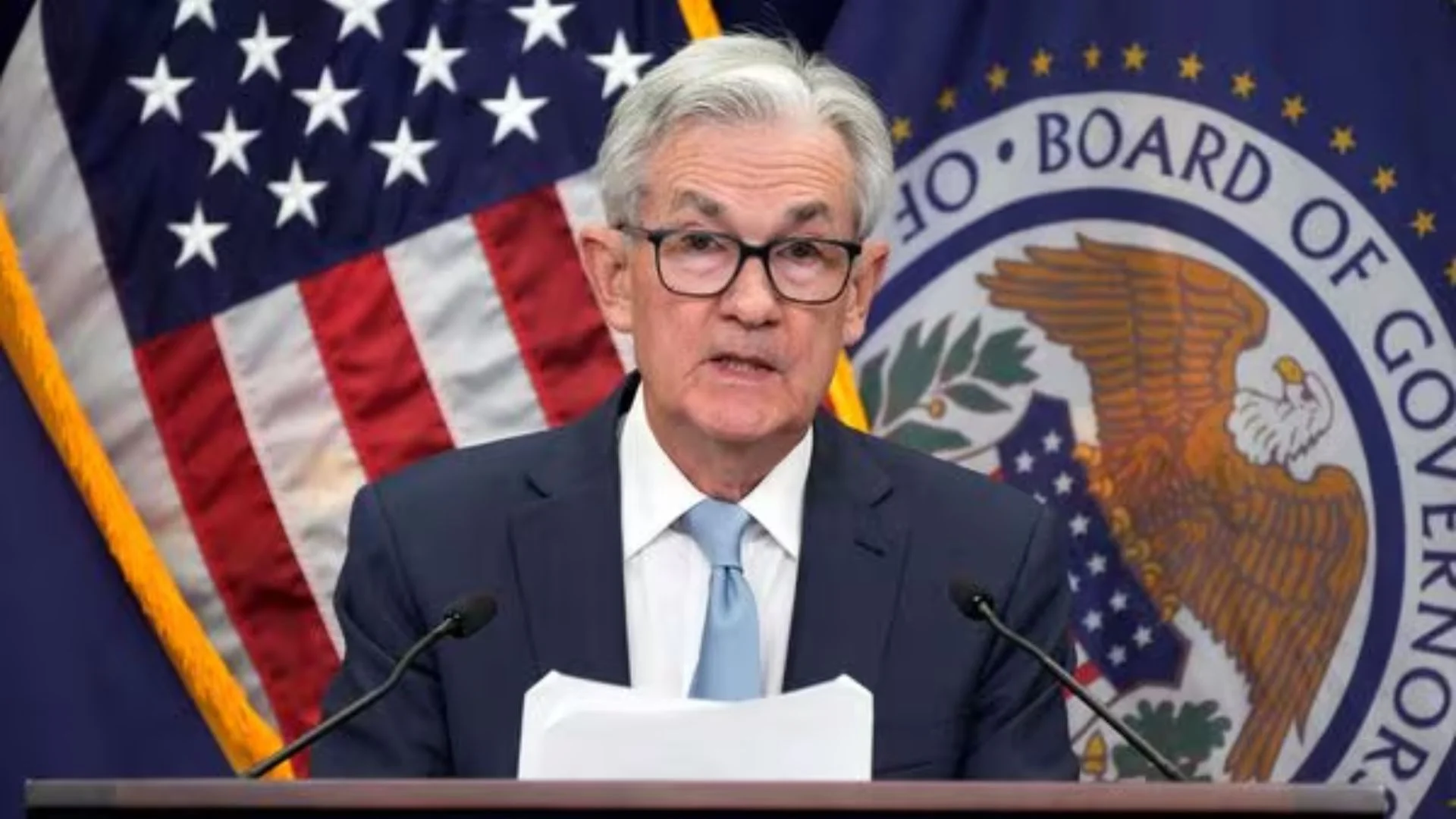
According to Environment Commissioner Virginijus Sinkevicius, the executive branch of the European Union will present proposals to substantially reduce pollution levels throughout the union, perhaps eradicating more than 70% of the 300,000 premature deaths each year over the following ten years.
In an effort to move the EU closer to recommendations made by the World Health Organization, the European Commission is set to propose new policies on air pollution on Wednesday. By the end of the decade, it is intended to reduce the yearly limit of fine particulate matter, the primary pollutant, by more than half.
We want to set the EU on a trajectory for zero pollution in the air by 2050 at the latest,” Sinkevicius said in an interview. “Fresh air shouldn’t be a luxury in Europe.”
By the end of the decade, the ideas should result in yearly economic gains of up to 121 billion euros ($120 billion) due to greater crop production, fewer lost workdays, and other variables. Citizens will have the right to compensation for any health difficulties brought on by air pollution.
The last component of the plan will safeguard the freshwater resources of the area by improving monitoring and warning systems and updating the EU’s list of contaminants. When Poland’s largest environmental calamity in years was connected to algae in the Oder River, river pollution came into sharp spotlight in August.
Along with the bloc’s aims to become carbon neutral by the middle of the century, which include legislation to phase out combustion engine cars by 2035 and hasten the adoption of pollution-free renewable energy sources, the greater effort to combat pollution is being made.
Still, the rules will still mean that the EU falls short of WHO recommendations, a gap it hopes to narrow later in the decade, according to Sinkevicius.















